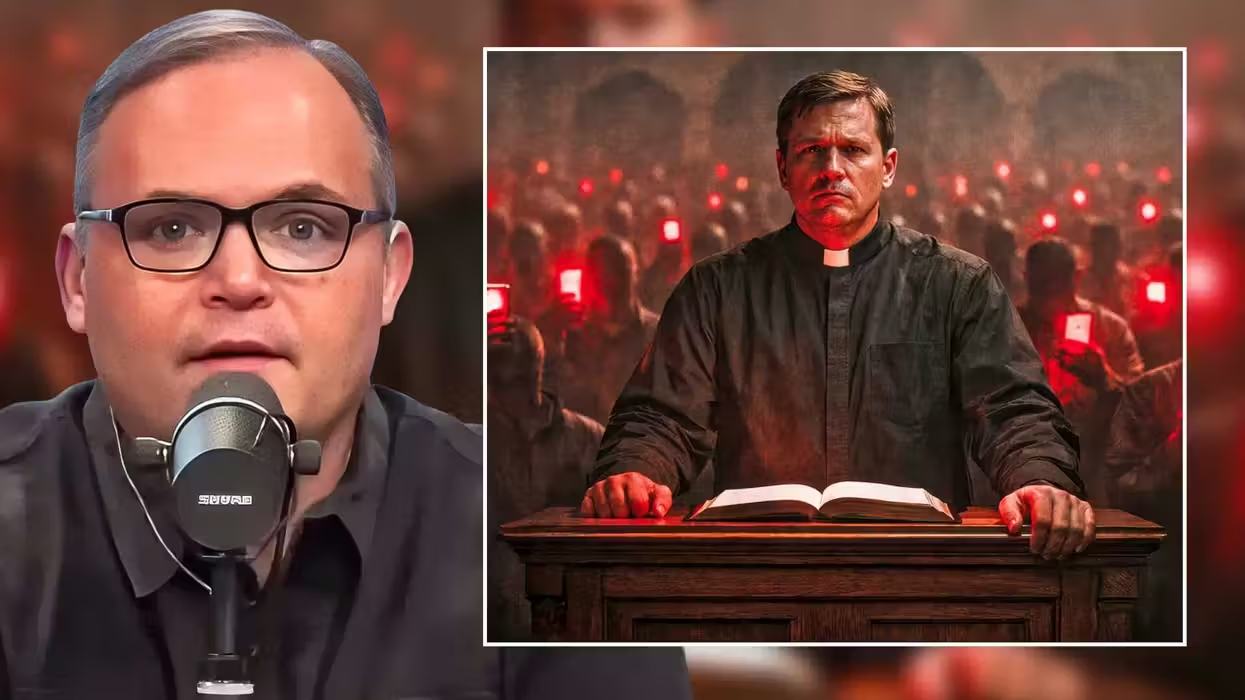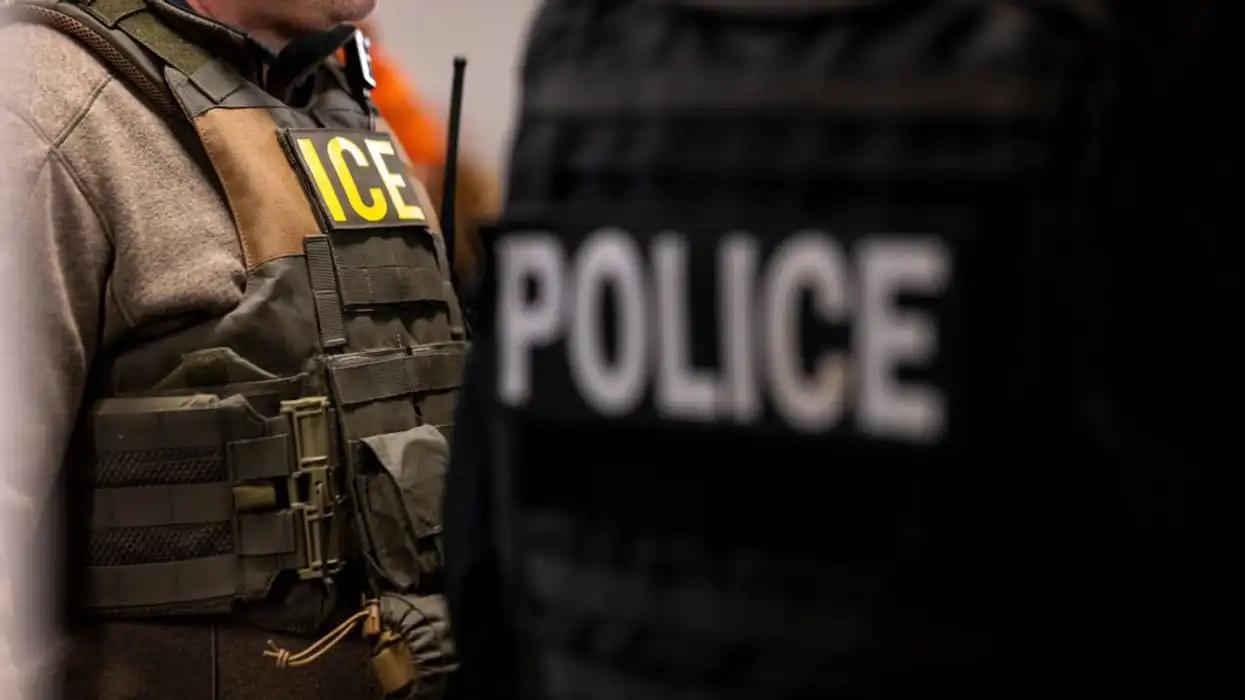The United Nations' International Atomic Energy Agency announced in a report Monday that it had reason to believe that North Korea was continuing to develop nuclear weapons.
What is the IAEA?
The IAEA was created in 1957 at the urging of President Dwight Eisenhower. It has a mandate to “work with its Member States and multiple partners worldwide to promote safe, secure and peaceful nuclear technologies.”
What did the report say?
The report first stressed how the North Korean regime was uncooperative with the agency. The IAEA said that it has been “unable to carry out verification activities in the DPRK [Democratic People's Republic of Korea], its knowledge of the DPRK’s nuclear programme is limited and, as further nuclear activities take place in the country, this knowledge is declining.”
Although the agency was not permitted to enter the country and inspect its nuclear sites, the report detailed a list of reasons which pointed to continued nuclear research. These included steam and water used for cooling a reactor continuing to flow out of the Yongbyon Experimental Nuclear Power Plant, continued construction and renovation on the Yongbyon Nuclear Fuel Rod Fabrication Plant, the Light Water Reactor and in or near the Kuryong River.
Also, the agency concluded that satellite images showed a complex of buildings near the capital city of Pyongyang, which were “not inconsistent with a centrifuge enrichment facility.”
This analysis of the Yongbyon site agrees with analysis of the same site from 38 North in June based on satellite images.
The IAEA report concluded that “[t]he continuation and further development of the DPRK’s nuclear programme and related statements by the DPRK are a cause for grave concern.” It also said that North Korea's actions were “clear violations of relevant UN Security Council resolutions, including resolution 2375 (2017) and are deeply regrettable.”
The agency called on North Korea to comply with U.N. demands and to allow U.N. inspectors to have access to North Korean nuclear sites.
But what about the agreement that Kim Jong Un signed?
Following their historic June 12 summit, President Donald Trump and North Korean dictator Kim Jong Un signed a declaration that stated:
President Trump committed to provide security guarantees to the DPRK, and Chairman Kim Jong Un reaffirmed his firm and unwavering commitment to complete denuclearization of the Korean Peninsula.
On Monday, Trump said he would “most likely” be meeting again with Kim.
If Kim has decided to go back on this promise, he wouldn't be the first North Korean leader to do so. North Korea promised to denuclearize and then backtracked on at least six separate occasions: in 1985, 1992, 1994, 2005, 2007, and 2012.







